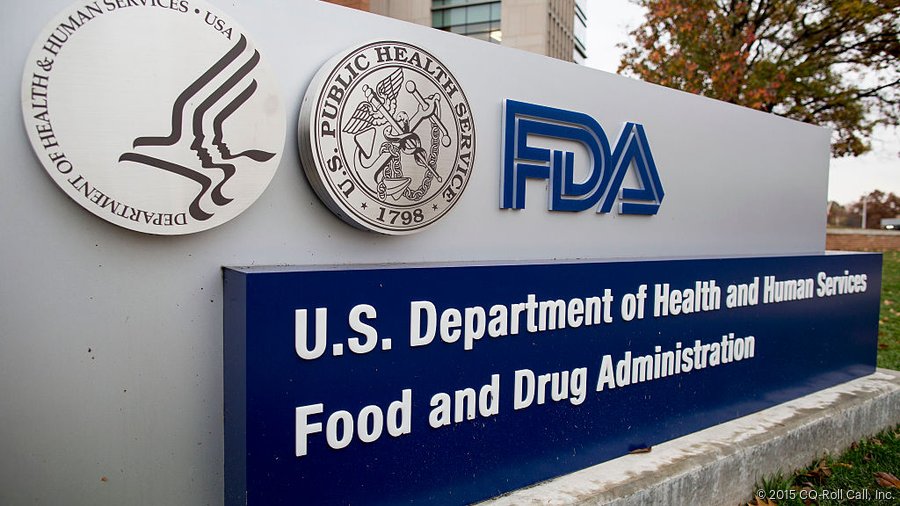The dietary supplements industry has seen minimal changes since the enactment of the Dietary Supplement Health and Education Act of 1994 (DSHEA), signed by President Bill Clinton. This legislation defines dietary supplements and sets regulatory limits, exempting these products from most FDA drug regulations.
This exemption allows supplements to be sold and marketed without scientific evidence for their health or medical claims. Recently, Senate Majority Whip Dick Durbin introduced the Dietary Supplement Listing Act of 2024 to mandate that supplement manufacturers list their products with the FDA.
DSHEA gave the FDA some authority to regulate dietary supplements but did not require companies to register their products. As a result, the FDA lacks essential information to adequately oversee the market.
In 1994, there were about 4,000 dietary supplements available in the U.S., but now the number exceeds 100,000. Durbin emphasized that both the FDA and consumers should know what supplements are available and what their ingredients are, highlighting the need for transparency and better consumer protection.

The proposed Dietary Supplement Listing Act of 2024 aims to make companies provide the FDA with crucial details about their products, such as names, ingredients, labels, allergen statements, and health claims. This information would be accessible to the public through an electronic database.
With more than 75% of American adults using dietary supplements, there is a significant demand for such transparency. Durbin pointed out the risks associated with supplements, citing that in 2023, the FDA received over 20,400 adverse event reports, with actual numbers likely higher due to underreporting.
This legislative effort follows Durbin’s earlier introduction of the Prohibiting Tianeptine and Other Dangerous Products Act, targeting the prohibition of dangerous ingredients like tianeptine in dietary supplements.
Tianeptine, an unapproved drug marketed as a dietary supplement, has caused numerous health issues, leading to increased poison control calls and emergency room visits. Companion legislation was introduced in the House by Frank Pallone Jr.
Additionally, the FDA released a draft guidance in April titled “New Dietary Ingredient Notification Master Files for Dietary Supplements.” This guidance aims to address industry requests for clearer recommendations on Master Files for new dietary ingredient notifications (NDINs).
Although not required by law, these Master Files can help in submitting identity, manufacturing, and safety information for FDA evaluation of future NDINs. The guidance intends to simplify compliance with NDIN requirements by providing detailed recommendations.
